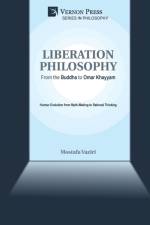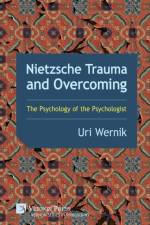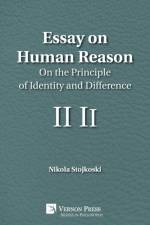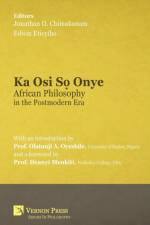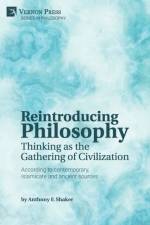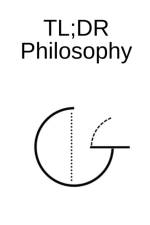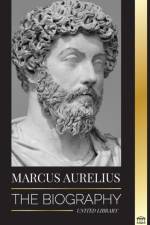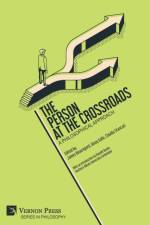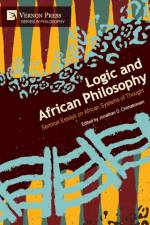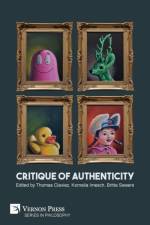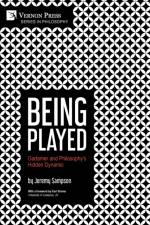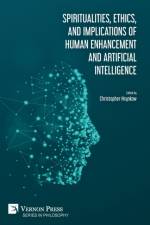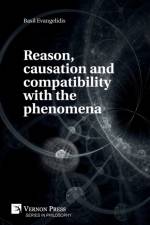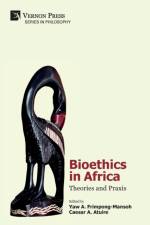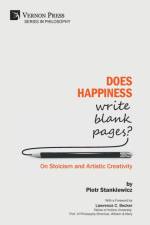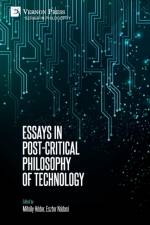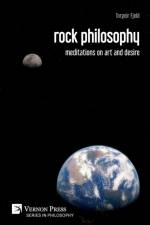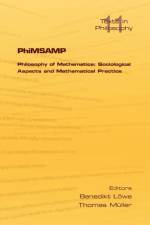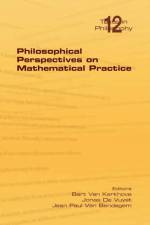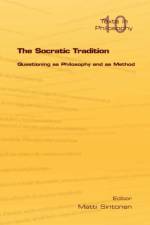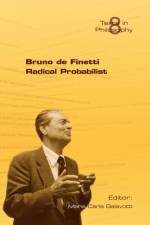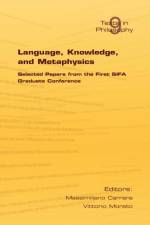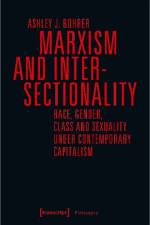von United Library
15,00 €
Sigmund Freud: The Biography of the Founder of Psychoanalysis, Writings on the Ego and Id, and his Basic Interpretation of Dreams" is an enlightening and comprehensive exploration of the life and groundbreaking work of Sigmund Freud, the Austrian neurologist who revolutionized the field of psychology. Authored by a leading expert in the field, this book delves into the fascinating journey of Freud, shedding light on his significant contributions and enduring legacy. Born in 1856 to Galician Jewish parents in Freiberg, Austria, Freud embarked on a path that would reshape our understanding of the human mind. Trained as a doctor of medicine at the University of Vienna, Freud went on to develop psychoanalysis, a clinical method that aimed to uncover and resolve the deep-seated conflicts of the psyche. Through his innovative techniques, such as free association and analysis of dreams, Freud uncovered the role of the unconscious mind and the complex dynamics of human behavior. In this biography, readers will witness Freud's rise from a docent in neuropathology to a renowned psychoanalyst, influencing the fields of psychology, psychiatry, and psychotherapy. The book explores Freud's fundamental concepts, including the Oedipus complex, the id, ego, and superego, and his groundbreaking theories on sexuality and the unconscious. Furthermore, it examines Freud's exploration of the human psyche and its relation to religion and culture. While Freud's ideas have generated extensive debate and evolved over time, his work continues to captivate and intrigue both scholars and the general public. This book provides an engaging narrative, combining historical context with insightful analysis, to present a comprehensive understanding of Freud's life, his seminal theories, and their impact on contemporary Western thought and popular culture. Whether you are a student of psychology, a practitioner in the field, or simply intrigued by the enigmatic workings of the human mind, "Sigmund Freud: The Biography of the Founder of Psychoanalysis, Writings on the Ego and Id, and his Basic Interpretation of Dreams" offers a thought-provoking and accessible exploration of one of the most influential figures in the history of psychology.

